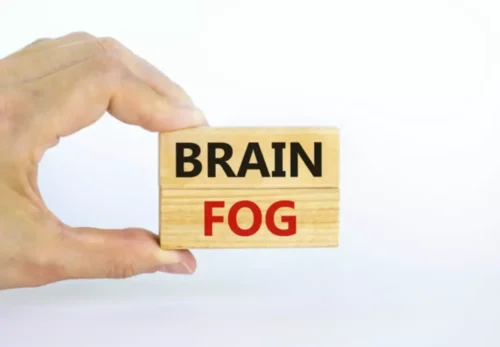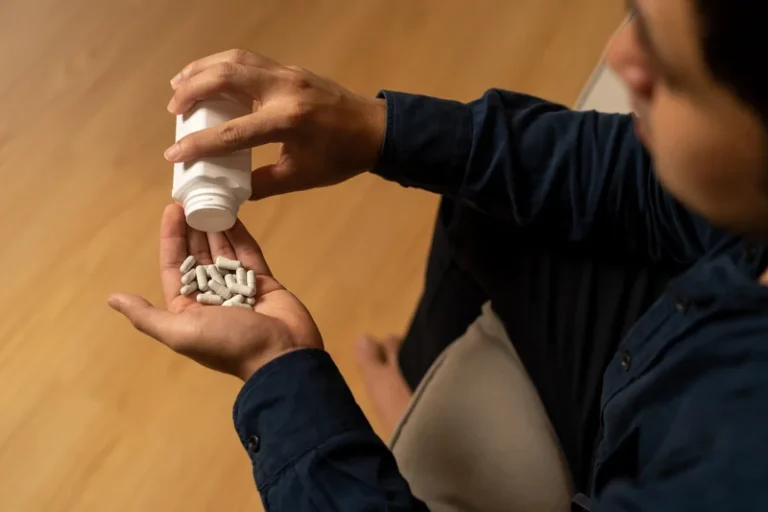11 apr The Seven Stages of Intoxication

When a person has had quite a bit to drink, they may experience lapses in judgment or heightened emotional intensity. We base differences on several things, like genetics, body weight, frequency of intoxication, overall general health, and more. Of course, the severity of a person’s symptoms will depend on how much they have had to drink. They are best for people who have a high motivation to recover and cannot leave their responsibilities at home, work, or school. Outpatient programs are often part of aftercare programs once you complete an inpatient or PHP program.
Understand the Risks and Get Help

It results from the consumption of an excessive amount of alcohol within a relatively brief time. When one consumes alcohol at a faster rate than their body can metabolize it, they become intoxicated. An intoxicated person at this stage may show slowed reaction times, reduced memory, blurred vision, and a lack of coordination. As a bartender or alcohol server, it’s your responsibility to stop service once you suspect that someone is over their limit. Learn the typical Blood Alcohol Concentration (BAC) per number of drinks someone has had, and the common behavioral and physical signs for each stage of intoxication.
What are the causes of alcohol intoxication?

At 0.45 BAC or above, many people are unable to sustain essential life functions, and the risk of respiratory arrest and death occurring is almost certain. Combatting the ever-growing drug epidemic that this country faces begins with you. Make the most https://ecosoberhouse.com/article/do-you-genuinely-like-the-feeling-of-being-drunk/ of our vast knowledge of addiction treatment and our proven ability to change lives. Take the first step towards a new, better life by giving us a call today.
Alcohol Intoxication Definition
For others, however, it can be something as dangerous as a decision to drive home. This decision, coupled with a decrease in motor function, coordination, and reaction time, leads to many car crashes. Around 30 people per day die from drunk-driving accidents in the United States. Although different resources will vary, most will tell us that there are six to seven stages of intoxication experienced by most people.
After an episode of alcohol intoxication, it takes time to recover. The person will be hospitalized in which stage of intoxication does an individual become aggressive or withdrawn and sleepy until their vital signs return to normal. Alcohol intoxication occurs from drinking too much alcohol in a short period of time.
- Any of these symptoms are signs that immediate medical attention is necessary.
- They include Sobriety/Minimal Intoxication, Euphoria, Excitement, Confusion, Stupor, Coma, and Death.
- If a person has generally consumed two to three drinks as a man or one to two drinks as a woman in an hour, they’ll enter the euphoric stage of intoxication.
- Eating prior to, or while drinking, may also temporarily influence BAC, reducing its effects.
- Own Your Limits is a Defense Department (DOD) education campaign, aligned to the Defense Health Agency, for the U.S. military.
Stage 6: Coma

These stages progress based on Blood Alcohol Content (BAC), so people progress through them as they have more to drink. Someone in this stage usually needs immediate medical help to survive. People who are left to “sleep it off” may end up experiencing hazardously slowed breathing or complete respiratory arrest, or they may aspirate on their own vomit. Other risks include hypothermia, heart arrhythmia, and seizures.
Get Accredited Treatment Programs at Purpose
These programs typically last 30, 60, or 90 days, sometimes longer. After this, if the person still needs care, they will require a different type of program such as a longer term residential program. Also known as drunkenness, alcohol intoxication is the negative behavior and physical effects caused by drinking alcohol.
- It’s a myth that a person can recover from alcohol intoxication by sleeping, taking a cold shower, going for a walk, or drinking black coffee or caffeine.
- They may experience an increased pain threshold and may not feel the effects of an injury until later.
- If the negative consequences of drinking are affecting your life, there is hope and help available.
- The mission of the campaign is to help Service members learn to drink responsibly, if they choose to drink alcohol.
- Men are 2 to 4 times more likely than women to develop alcohol use disorder.
- The narcissism we all have that you may successfully keep at bay in your daily life may take over a bit now as you may want to prove you’re the smartest person in the room.
- Signs of impaired judgement can include becoming more careless with money, making irrational statements and showing difficulty in coordinating precise movements.
What are the Different Stages of Alcohol Intoxication?
Even something as simple as how much you’ve had to eat during the day can change the way you move through the stages of being drunk. Generally, though, people move through certain stages of intoxication as they consume alcohol. This disease Sober living house makes you feel unable to control your alcohol consumption. If you think you or a loved one has this condition, seek help at a substance abuse treatment program. When you drink alcohol, the drug enters your bloodstream and makes you feel intoxicated. If doctors, police officers, or other professionals need to determine how intoxicated you are, they will measure your blood alcohol concentration (BAC).
Partial Hospitalization Programs (PHPs)
You may be helping them avoid any permanent damage by doing so. In terms of amount, it doesn’t take much to begin feeling the effects of intoxication. Our body breaks ethanol down at a rate of around 15 mg/dL per hour. Our bodies can metabolize roughly one (1) drink per hour on average while maintaining low levels of intoxication, to put things simply. As people drink more, they begin to have more pronounced impairment in their balance, coordination, speech, and attention. Their memory may also start to become hazy as they drink more.
